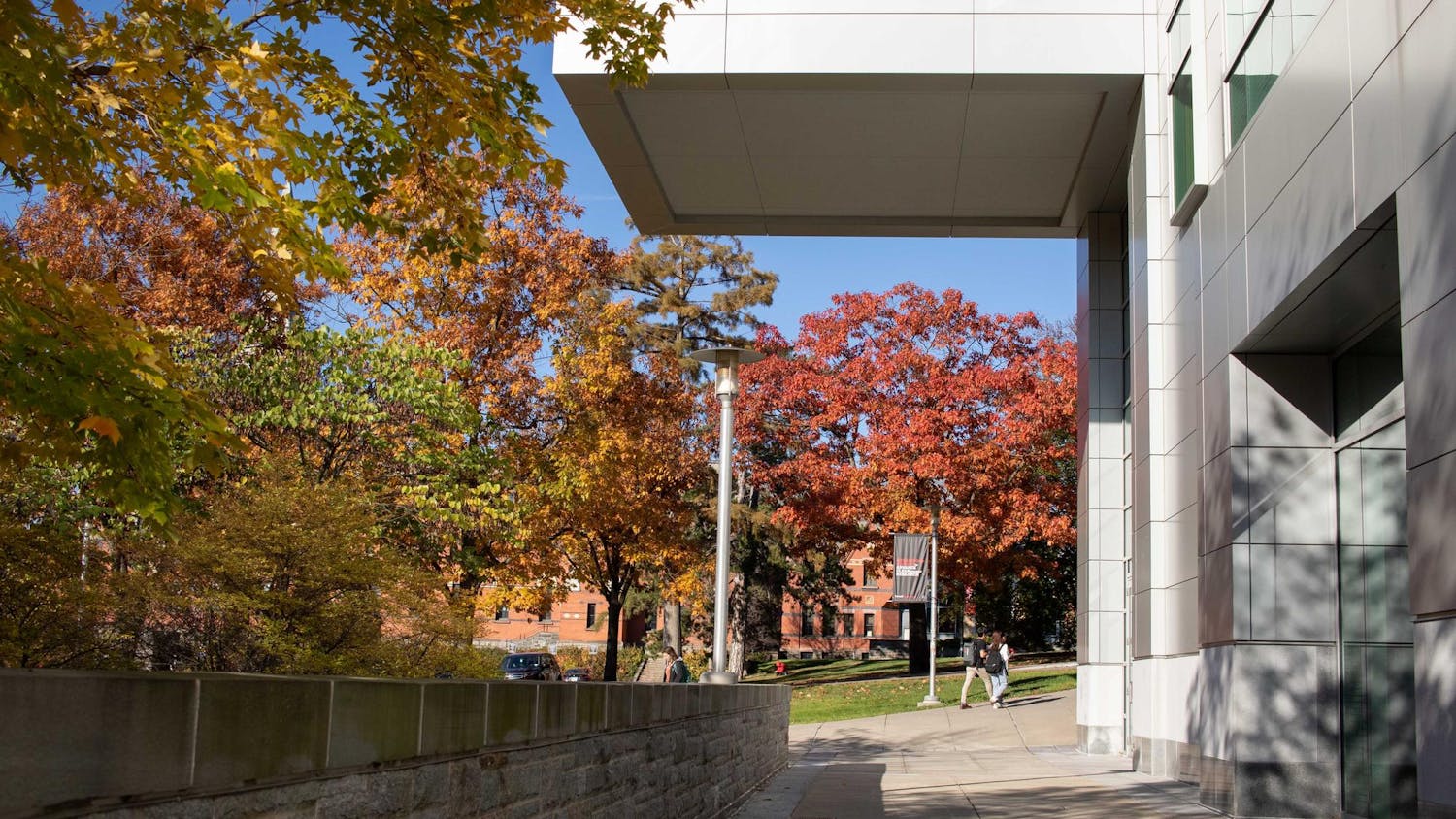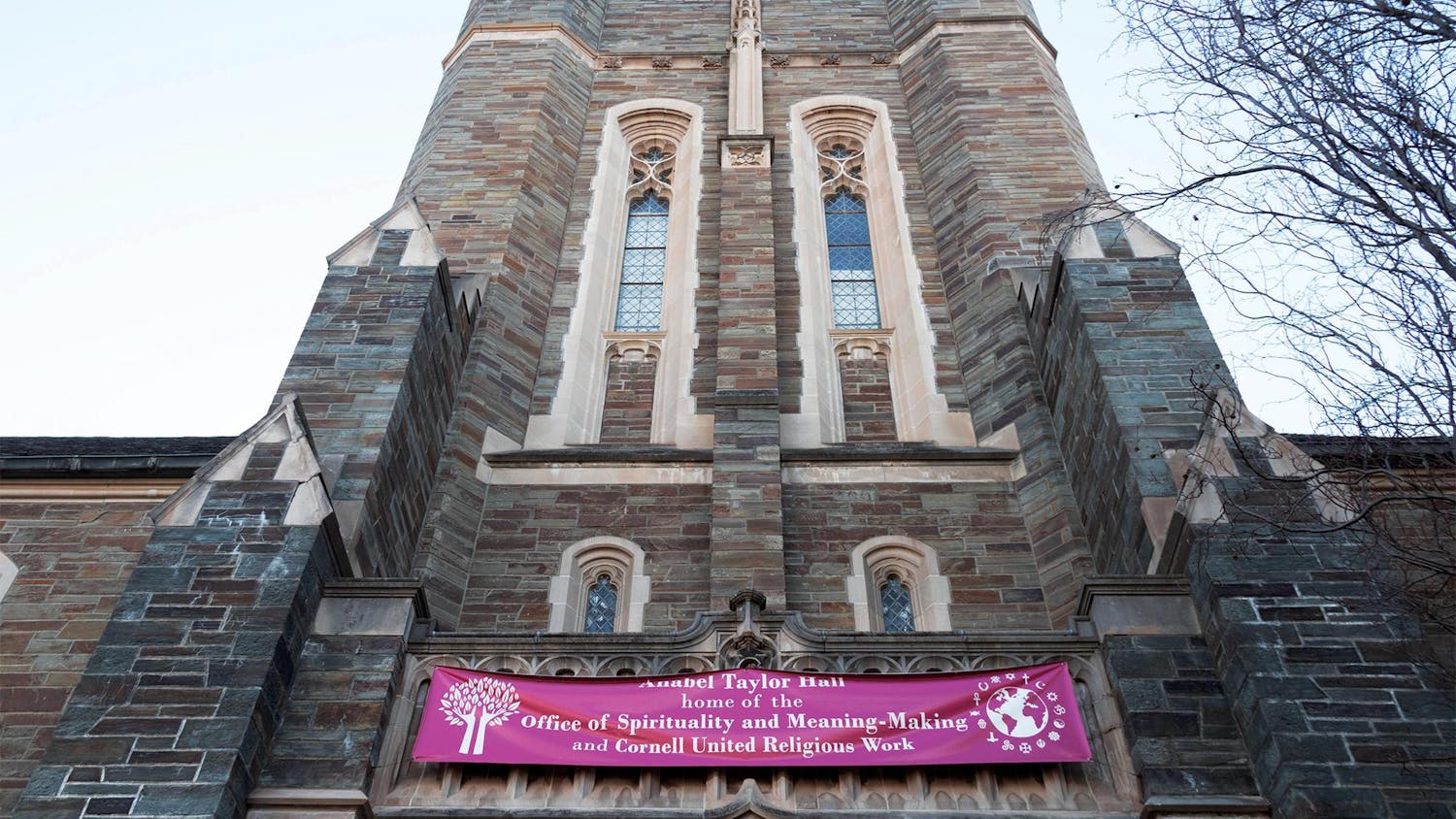Experts from the Cornell Center on the Death Penalty Worldwide addressed the death penalty as an ethically controversial issue and predicted that it will gradually fall out of use going forward.
On Tuesday, the center brought a panel of experts to Myron Taylor Hall, where they facilitated a discussion on the domestic and international implications of the movement against the death penalty.
The use of capital punishment in the criminal justice system is severely flawed, because it can be difficult to fairly discern who deserves the death penalty, argued Denny LeBoeuf, the current director of the American Civil Liberties Union’s John Adams Project.
“To believe in the death penalty, you have to believe two things,” LeBoeuf said. “You must believe that there is a category of ... murderers who, by virtue [of] their character and the crime they have committed, have no right to life.”
Due to these moral concerns, the death penalty is less socially acceptable today than it has been in the past, according to Delphine Lourtau, the executive director of the Center on the Death Penalty Worldwide.
“There is a strong and very clear global trend not only towards outright abolition of the death penalty, but also towards a decreased reliance on capital punishment as a regular feature of criminal justice,” Lourtau said. “The second big takeaway point ... is that increasingly the death penalty is only applied by a small minority of states.”
Lourtau explained that China performs more executions than the rest of the world combined and said Iran, Pakistan, Saudi Arabia, Iraq and the United States “together represent over 90 percent of the remaining executions.”
Victor M. Uribe, a minister from the Mexican Foreign Service, also shared insights on capital punishment in Mexico, a country which banned the practice in 2005. Even before it was prohibited, the death penalty was “applied very rarely,” he said — the last military execution occurred in 1961.
“Mexico is absolutely opposed to the imposition of the death penalty in any circumstance,” Uribe said.
Looking forward, Sheri Lynn Johnson, the assistant director of the Cornell Law School’s Death Penalty Project, predicted that complete abolition of the practice in the United States will take time.
“There are people now who are saying that the Supreme Court is going to strike it down, and I’m not optimistic that’s going to happen anytime soon,” Johnson said. “What I do think we are going to see and have been seeing is abolition — or maybe not abolition, but continued decrease in the willingness of most states, actually all states, to use the death penalty.”
Other panelists concurred that the road towards successful elimination of the death penalty looks promising. Lourtau pointed out that the United States is the only country in North, Central or South America that has performed an execution in the past seven years.
International pressure will also contribute to a move away from the use of capital punishment in the United States, according to LeBoeuf.
“The death penalty is increasingly seen as a human rights issue, not a criminal justice issue,” LeBoeuf said.
The Cornell Center on the Death Penalty Worldwide — the first of its kind in the United States — was established to coordinate efforts to end practice of the death penalty through research and renewed awareness, according to the center’s official website.
“Cornell is really an ideal place to ideal place to house this center because it has a unique concentration of faculty that have spent decades defending people facing the death penalty,” said Sandra Babcock, the center’s founder and faculty director.











